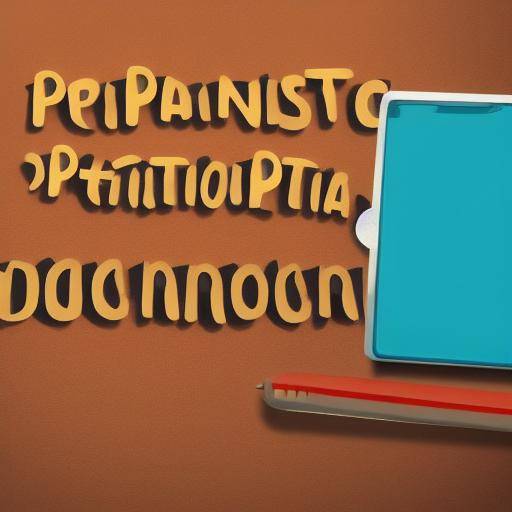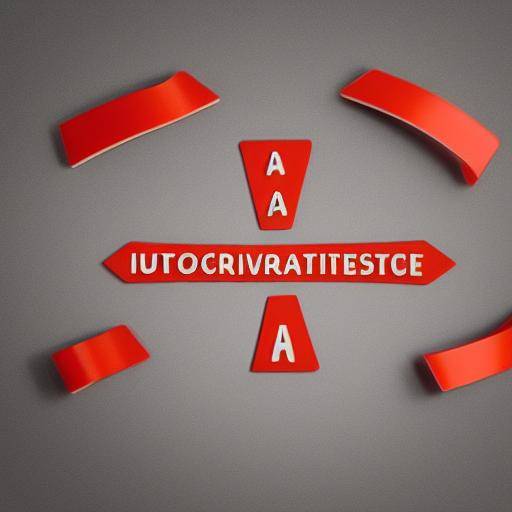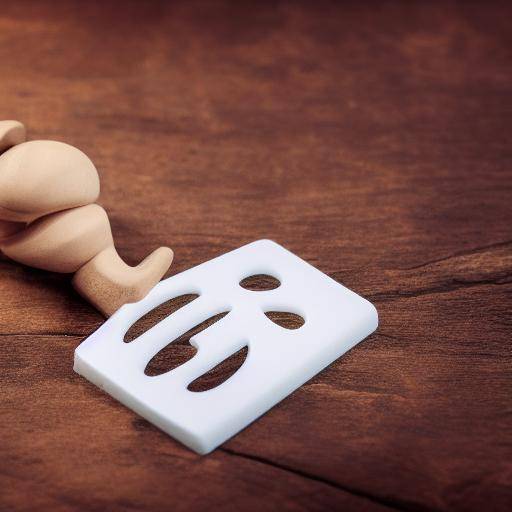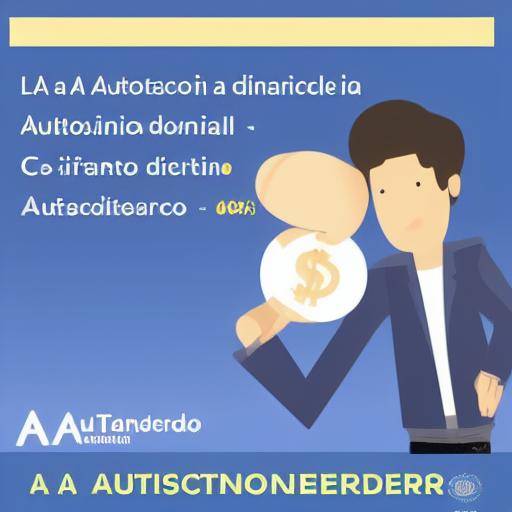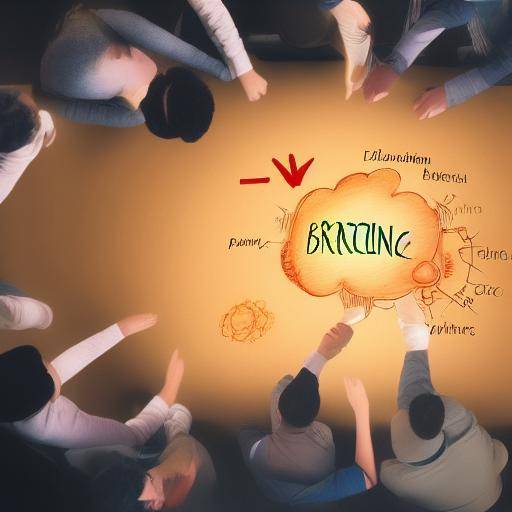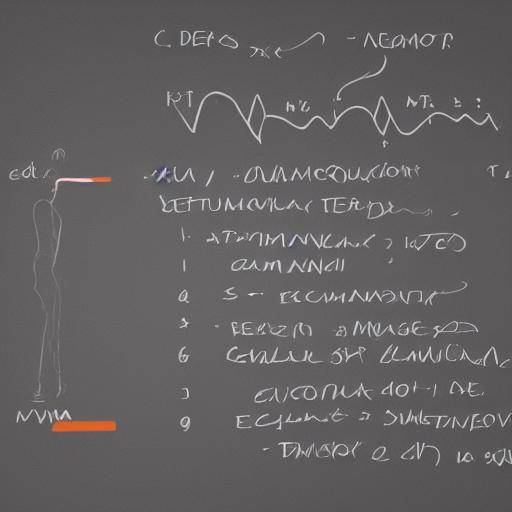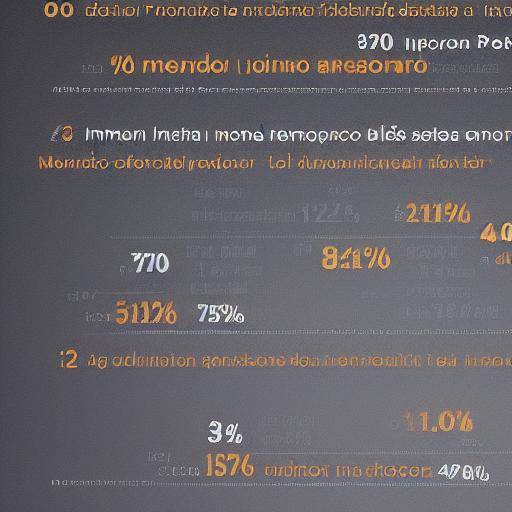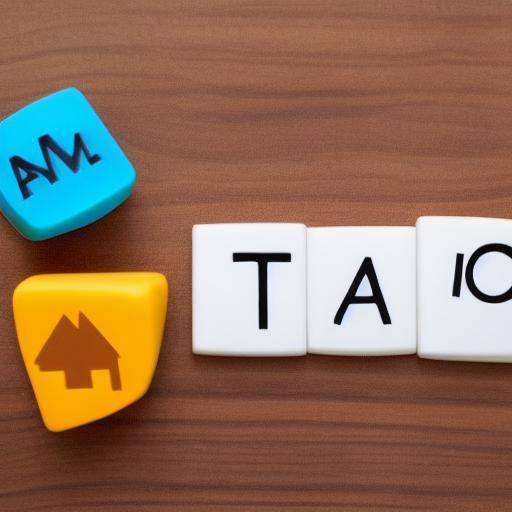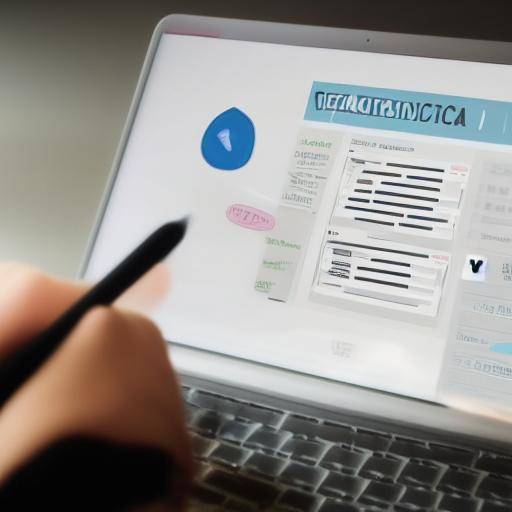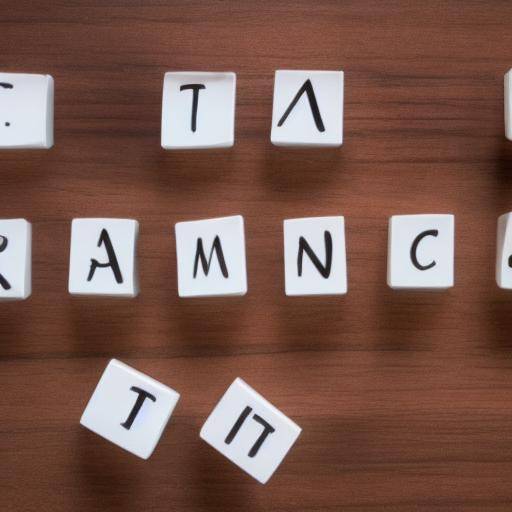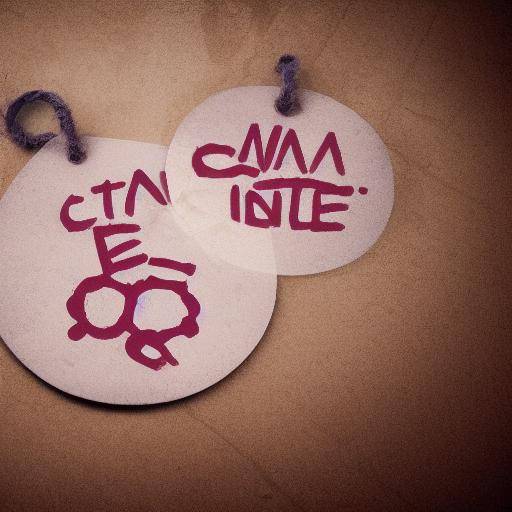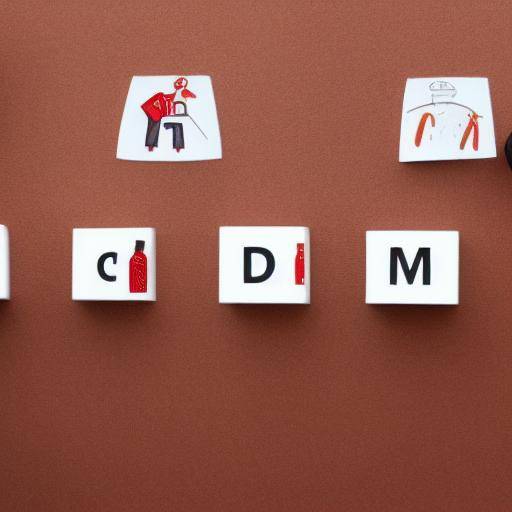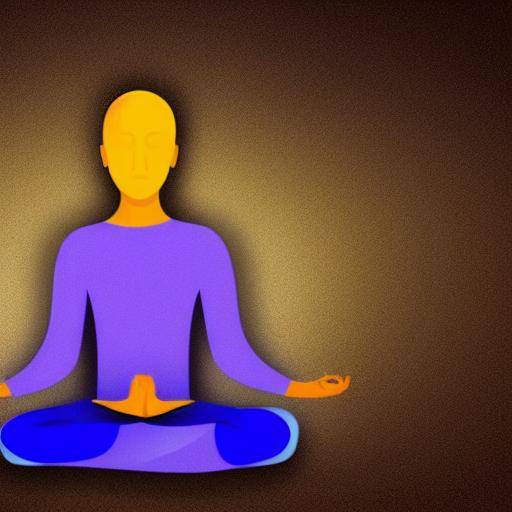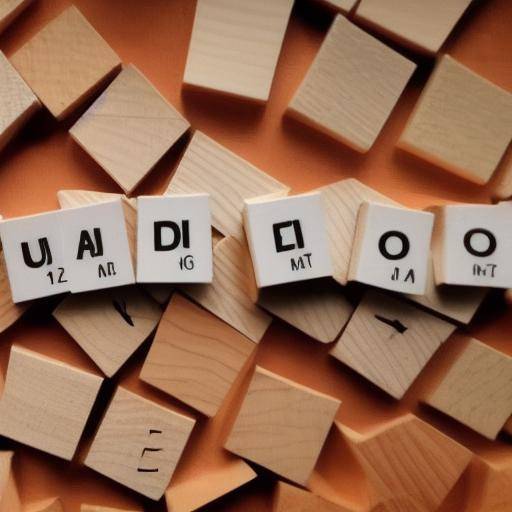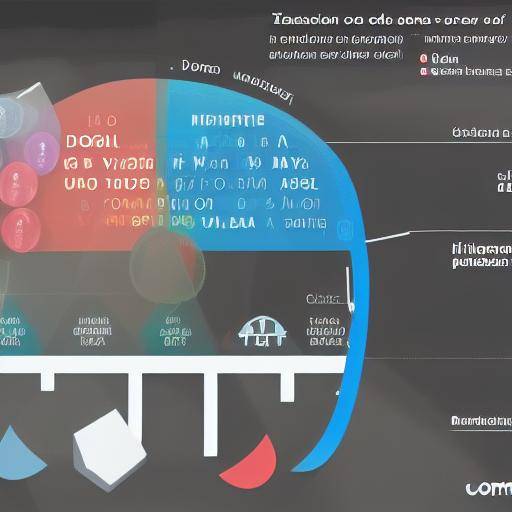
The ability to make effective decisions is fundamental in all aspects of life, whether at a personal or professional level. Decision-making is closely linked to self-discipline and personal trust, as it requires a clear mind, the ability to resist distractions and security in our elections. In this article we will explore in depth the impact of self-discipline on decision-making, providing valuable information, practical advice and expert views on the subject.
Introduction
Decision-making is a cognitive process that involves evaluating different options and choosing the most appropriate one to achieve a particular goal. This process can be influenced by several internal and external factors, such as our own beliefs, past experiences, social pressures and changing circumstances.
Self-discipline, on the other hand, refers to the ability to control our impulses, keep the focus on our long-term goals and resist the temptations that can divert us from our path. Personal trust plays a crucial role in decision-making, as a solid self-confidence allows us to face the challenges with determination and optimism.
Throughout this article, we will examine how self-discipline and personal trust influence decision-making, offering practical advice and concrete examples to help readers strengthen these vital skills.
History and Background
To fully understand the impact of self-discipline on decision-making, it is useful to know the historical evolution of these concepts. Throughout history, several philosophers have discussed the importance of self-control, the strength of will and self-confidence in making meaningful decisions. From the writings of the ancient Greek philosophers to modern theories of cognitive psychology, the subject has been the subject of extensive research and reflection.
Influence of Classical Thinkers
- Aristotle: In his work "Ethic to Nikomaco", Aristotle highlighted the importance of balance and virtue in decision-making. According to him, self-discipline is essential to reaching eudaimonia, or personal flourishing.
- Seneca: The stoic philosopher emphasized the importance of self-control and resilience. Séneca believed that self-discipline allows us to face adversities and make wise decisions, even in difficult situations.
Evolution in Modern Psychology
- Cognitive Psychology: Self-control and self-regulation studies have shown how self-discipline influences the ability to make rational decisions and maintain the focus on long-term goals.
- Neuroscience: Research on the brain has revealed that areas such as prefrontal cortex are crucial for the control of impulses and decision-making, highlighting the biological basis of self-discipline.
Analysis in Deep
Benefits of Self-Discipline in Decision-making
- Resistance to distractions: Self-discipline allows you to keep the focus on important tasks and avoid distractions that can divert our attention.
- Targets to Long term: The ability to prioritize long-term goals on immediate gratifications is critical to making decisions that lead to sustainable success.
- Determination and Resilience: Self-discipline strengthens resilience, allowing to face challenges with a positive and persevering attitude.
Common Challenges and Strategies to Surrender
- Procrastination: The tendency to postpone important decisions can be offset by time management techniques and time-setting.
- Auto-Duda: Self-confidence can be improved through positive self-reforcement and self-compassion practice.
- Impulsivity: Developing habits of reflection and meditation can help control impulses and make more deliberate decisions.
Diverse Perspectives
In considering the relationship between self-discipline and decision-making, it is important to address different approaches:
- Autocontrol Strict: Some experts advocate a rigorous self-discipline approach to achieve maximum performance.
- Compassion and AuthenticityOthers suggest balancing self-discipline with self-compassion and authenticity to maintain emotional well-being.
Comprehensive review
Best Practices and Best Practices
- Routines and Habits: Establish daily routines that strengthen self-discipline, such as morning exercises, day planning and night reflection.
- Meditation and Mindfulness: Practice mindfulness techniques to improve mental concentration and clarity.
- Claros y Realistas: Define specific and attainable goals to guide decision-making.
Success Cases and Real Applications
- Business Executives: Successful business leaders who attribute their ability to make effective decisions to rigorous self-discipline and meticulous planning.
- Professional athletes: athletes who use self-discipline to maintain a constant training regime and achieve maximum performance.
Conclusions and FAQs
Conclusions
Self-discipline is an essential component in effective decision-making. By strengthening self-discipline and personal trust, it is possible to improve our ability to make decisions that bring us closer to our long-term goals. Implementing self-discipline strategies can transform both our personal and professional lives, allowing us to face challenges with resilience and determination.
Frequently asked questions (FAQs)
1. How can I improve my self-discipline?
You can improve your self-discipline by establishing daily routines, practicing meditation and mindfulness, and defining clear and attainable goals.
2. Why is self-discipline in decision-making important?
Self-discipline is crucial for maintaining the focus on long-term goals, resisting distractions and making rational and deliberate decisions.
3. What techniques can help overcome procrastination?
Techniques such as time management, setting deadlines and division of tasks in more manageable steps can help overcome procrastination.
4. How can self-confidence influence decision-making?
A strong self-confidence allows us to face challenges with determination and optimism, which improves our ability to make effective decisions and face the consequences of our elections.
I hope this article will help you better understand the impact of self-discipline on decision-making and apply these concepts in your daily life to achieve your goals and improve your overall well-being. Practice self-discipline and transform your ability to make decisions!

